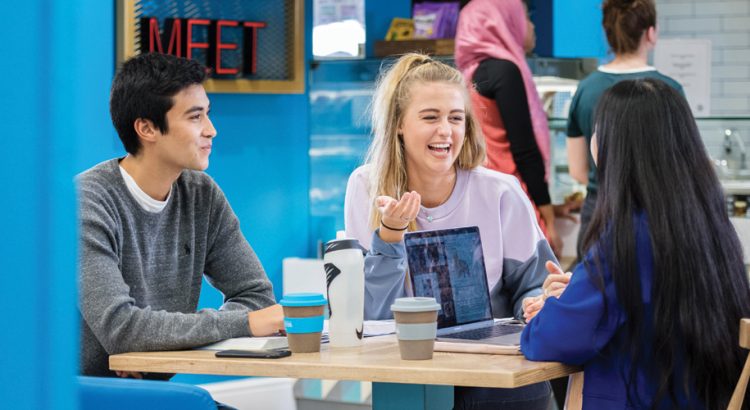We know students can feel overwhelmed with the prospect of starting an application to university. In this blog we will highlight the key areas that the University of Exeter focuses on when assessing applications.
We take a number of factors into account when assessing an application. This information is correct at point of publishing (23/09/2020). Current policies can be found on our website at: https://www.exeter.ac.uk/undergraduate/applying/assess/
How do we assess an application?
In considering an application, we consider:
- Achieved academic performance in level 2 and 3 qualifications (GCSEs, A Levels, and their equivalents)
- Predicted performance in future examinations
- Personal statement
- Reference
- Any additional statement supplied by a school or college regarding any special personal or extenuating circumstances which may impact, or have impacted on an applicant’s studies.
We may also take into account the educational context in which your academic achievements have been gained. For further information please see the section on School Performance in our Admissions Policy.
What are we looking for?
We are looking for applicants who:
- Are suited to the course
- Have the qualifications and qualities to succeed on the programme
- Are ambitious, conscientious & hardworking
- Are able to work under pressure
- Can adjust to the new university environment
- Show dedication to the course & have researched it
- Have a genuine interest in the subject
- AND a desire to learn more…
Do we interview?
The majority of our courses do not require applicants to attend an interview. A key exception to this at the University of Exeter is Medicine, where we invite applicants to Multiple Mini Interviews (MMIs). Your students can find out about the Medicine interview process in the video below:


